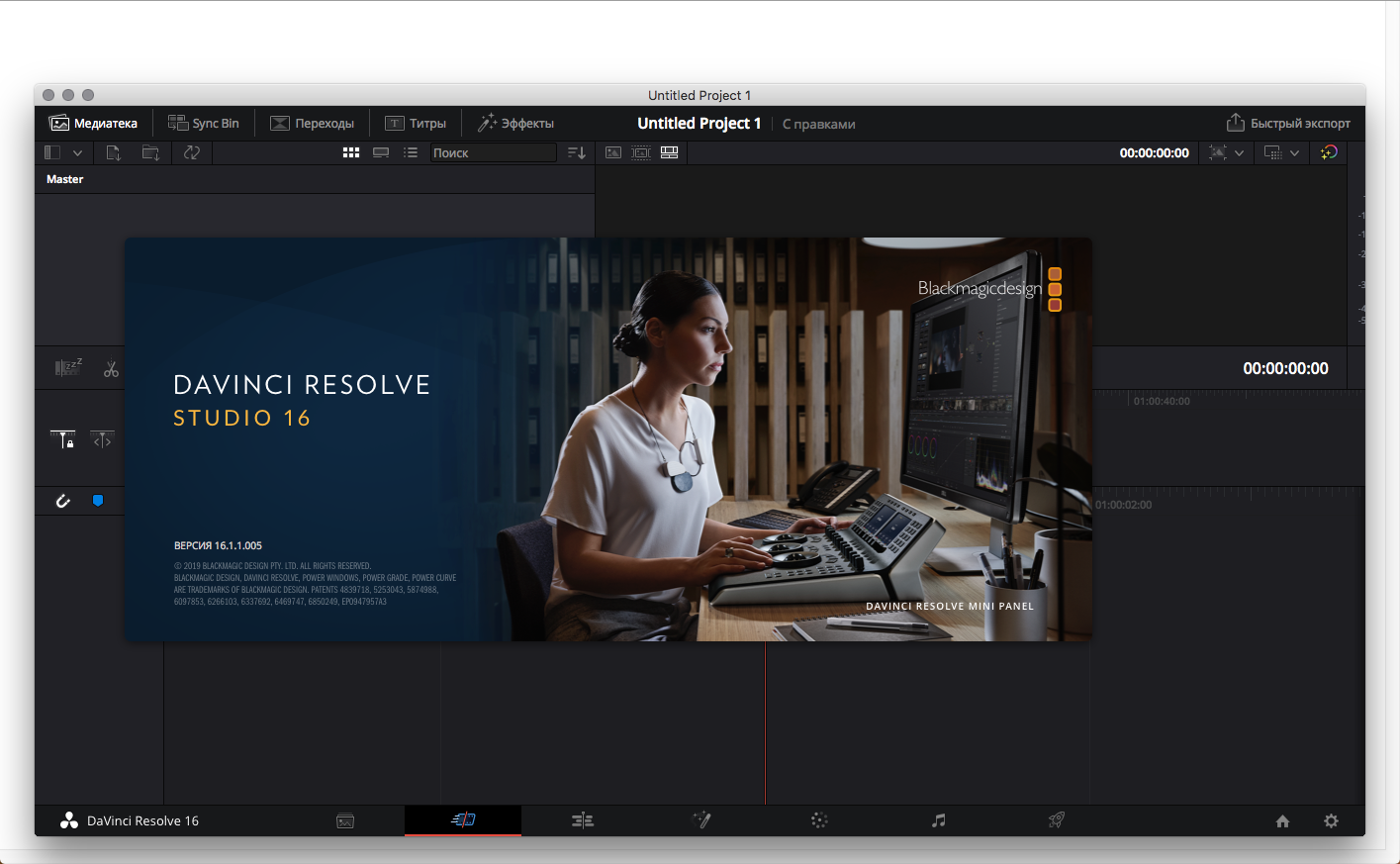
Tested with these commands for x264 and x265 respectively and with force all i-frames:įfmpeg -i. For unnatural images including visual artifacts or noise introduced during capturing or processing, H.265 may not be able to preserve the visual details of these images better than H.264.Īn extreme example of the relative performance of H.265 and H.264 on unnatural images is a pure white noise image. H.264 encoding has some advantages for maintaining small details which may not be visually detectable but can be measured in PSNR tests.Īll video compression algorithms are designed to preserve meaningful details that the human eye is sensitive to (compression algorithms for machine learning are on the way!). With a fixed QP=27, x265 encoding removed individual pixels that did not affect subjective visual performance but created a significant reduction in PSNR performance compared to the original image. The following comparison illustrates the differences in how x264 and x265 encode video.įigure 3 – Original image – Note presence of black pixel highlighted in white squareįigure 4 – Compressed with x264, note the pixel is still presentįigure 5 – Compressed with x265, the pixel is missing. When compared to the original image, the H.265 image is missing small details.įigure 2 – Utilizing WinMerge to compare the first frame for H.264 (left), H.265Center), original(right) With Quantization Parameter (QP)=27, the bitrate of H.265 and H.264 are similar (9.66Mbps vs 9.96Mbps) but the PSNR of the H.265 encoded video is lower (40.19 vs 41.8). The following PSNR test which utilizes the open source libx265 and libx264 encoders to encode identical test video illustrates this point.įigure 1 PSNR compare between x265 and x264

For example, H.265 HEVC is known to be 40% more efficient than H.264 with the cost of 10x more complexity.Ī NETINT customer observed under some circumstances H.264 AVC can outperform H.265 HEVC.

Generally, newer video compression standards will offer performance advantages compared to existing ones. Under what conditions can H.264 outperform H.265?


 0 kommentar(er)
0 kommentar(er)
